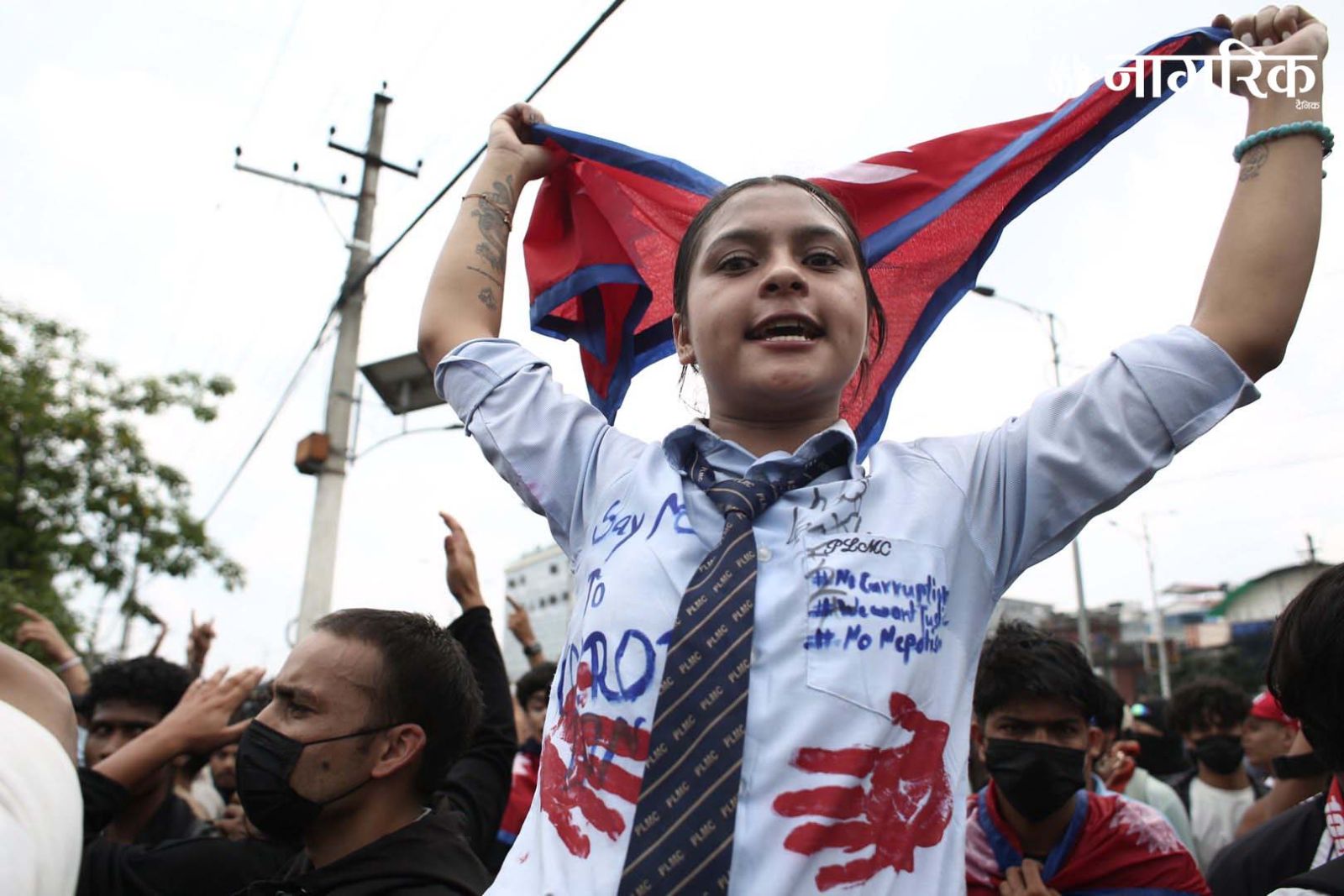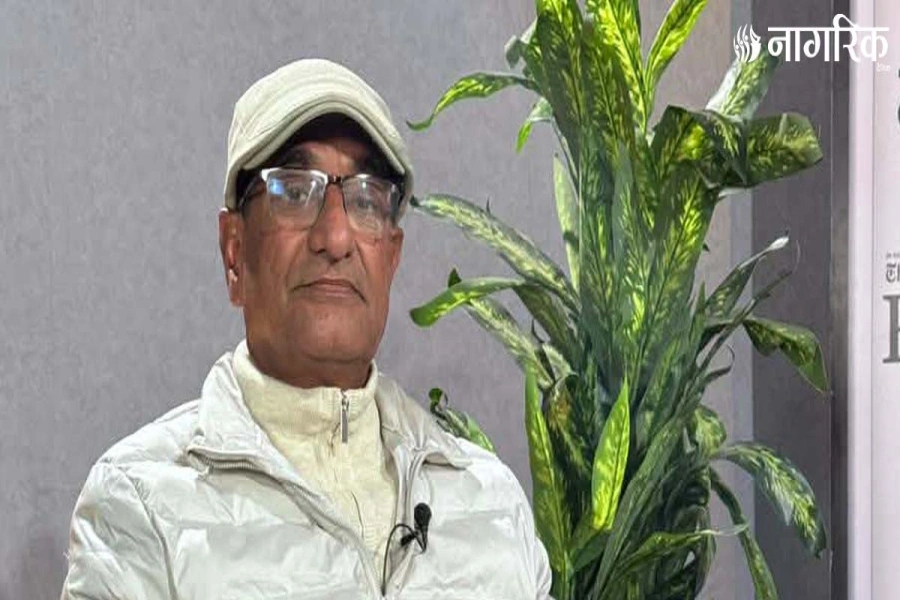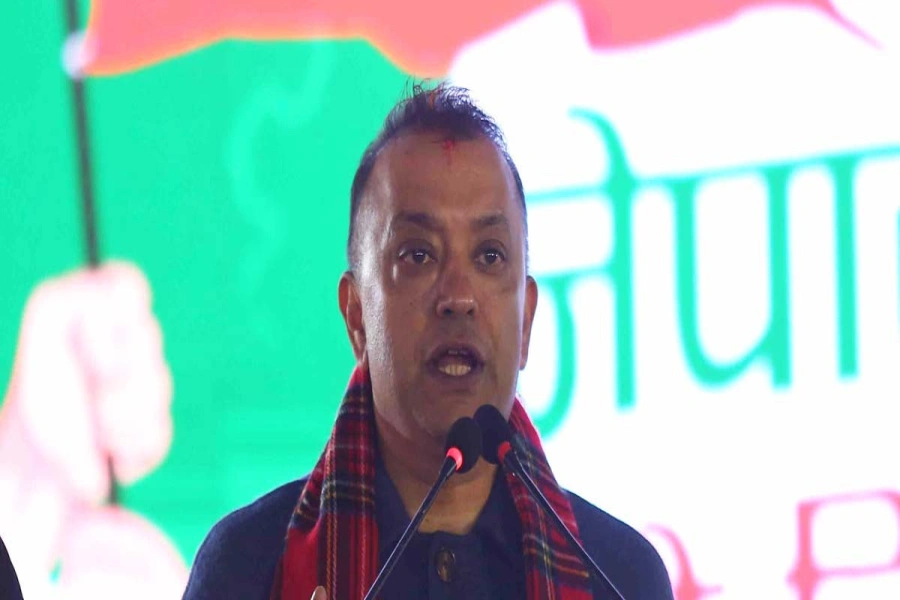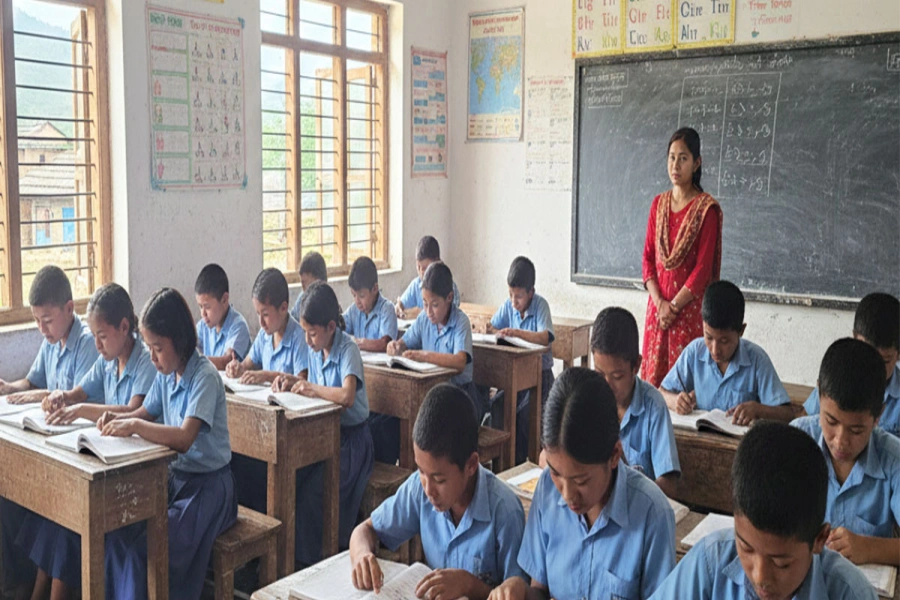A recent ordinance issued by the government is a significant step toward addressing the issues plaguing Nepal's cooperative sector. The ordinance aims at amending laws related to cooperatives and returning money to the small depositors as a first step. Deposits amounting to Rs 500,000 will be returned first on a priority basis. Money parked in cooperatives by the large depositors will be reimbursed after liquidating or auctioning the fixed assets of the defaulting borrowers. Nepal's cooperatives have a history of over seven decades. The cooperatives have emerged as the third pillar of the national economy, but are beset with problems. Financial mismanagement and investment in unproductive sectors only to serve the vested personal interests of those at the helm of power are key among them. Well over 200 registered cases of cooperative frauds await court verdicts while some 400 individuals are said to be behind bars. More than 1,000 people remain at large after swallowing billions of public deposits. They include lawmakers from the ruling and the opposition parties, popularly elected representatives, and even media entrepreneurs.
The savings and credit cooperatives are worst-hit by the crisis, which did not happen overnight. Rather, it built on over the years. Only if the government of the day and the successive governments that came into being in the past had acted earnestly as per the recommendation made by a commission led by former Chair of the Special Court Gauri Bahadur Karki in 2014, the problem would have perhaps been nipped in the bud. The problem at the time was relatively small: 22,170 complaints from 12,000 individuals and Rs 10.08 billion. Compare that with the problems at hand: 62,760 depositors have fallen victims, with 40 cooperatives embezzling a staggering Rs 87 billion of their depositors’ money. A handful of committees and commissions were created after the Karki-led Commission. They recommended measures to address the challenges facing the cooperatives. But none of the recommendations were implemented. Weak regulation and monitoring by the governmental bodies, lack of professional conduct, mismanagement, poor transparency and accountability have only aggravated the problems. While the government's efforts to resolve the problems facing the cooperatives is commendable there are a few things that need to be factored in. Many who have parked money earned through illegal means in cooperatives are lying low to avoid scrutiny. Under no circumstances should they be allowed to go scot-free in the pretext of returning the depositors' money.
Fire erupts in concrete house in Dumre Bazar

The ordinance recommends the formation of a second-tier institution as recommended by the numerous commissions appointed to study the problems facing the cooperatives. The proposed National Cooperative Regulation Authority, composed of five members could definitely go a long way in addressing the cooperative crisis. The ordinance also mandates the Credit Information Center to monitor bad loans in cooperatives and blacklist defaulters. Cooperatives are required to inform the center about loans worth more than Rs 1 million, along with details of defaulters. The ordinance also sets limits to the amount of money individuals can deposit in cooperatives: Rs 1 million in cooperatives regulated by local bodies; Rs 2.5 million for those under provincial jurisdiction, and Rs 5 billion for cooperatives under the federal government. The ordinance in itself is a positive step toward resolving the cooperative crisis, but the success depends on effective implementation. The government must ensure that the newly formed authority and other regulatory mechanisms function transparently and efficiently to restore public trust in the cooperative sector. Only then can we hope to see a more stable and secure financial environment.







































